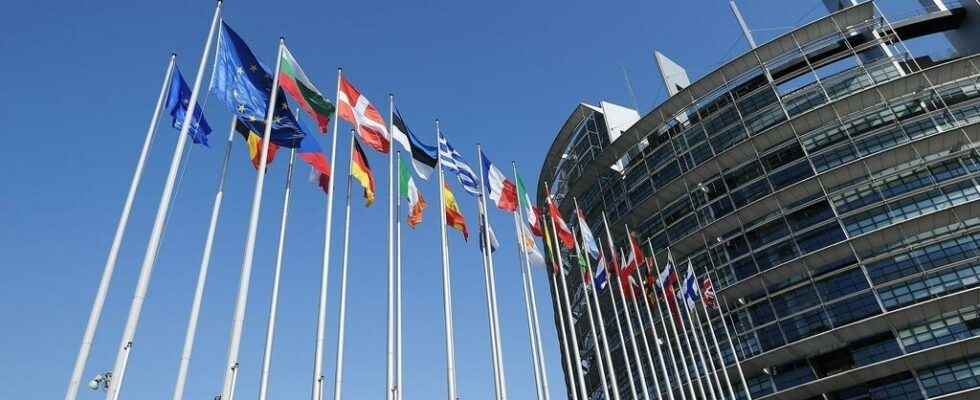MEPs meet in Strasbourg on Tuesday to vote on a package of laws aimed at reducing greenhouse gas (GHG) emissions by 55% by 2030 and reaching the goal of carbon neutrality by 2050 These laws had been proposed by the Commission in July 2021. The challenge for the deputies was to do even better than the initial project to respond to the climate emergency.
There are three years left to act, that’s what the IPCC more or less says, and the deputies of the environment committee of the European Parliament want to move quickly. Eight texts will be studied from this Tuesday.
One of the important points that will be discussed is in particular the revision of the greenhouse gas emission quota trading system. MEPs propose for example to extend it to maritime transport, they also want to put an end to the principle of free quotas for air transport. They also propose that the States devote all the revenue they derive from the exchange of these quotas to projects related to climate protection and energy.
The Environment Committee would like the carbon tax mechanism at the borders to be accelerated and strengthened. Finally, on the reduction of CO2 emissions, all new cars registered from 2035 will be zero emissions to the exhaust pipe, effectively excluding hybrid vehicles.
Too ambitious for opponents
But the challenge is twofold. Rising temperatures will be accompanied by higher bills, insists a Green MP. For this, a social climate fund is being studied, to protect households, which could for example benefit from periods of exclusion on certain rules. This is one of the texts under discussion.
The opponents of these proposals consider them too ambitious given the difficulties in the energy sector, related to the war in Ukraine, but also the burden of the transition for businesses and the economic impact. Will the environment committee be followed by all the deputies? Not sure, many amendments have been tabled and the debates are likely to be long.
►Also read: EU offensive against dangerous chemicals
